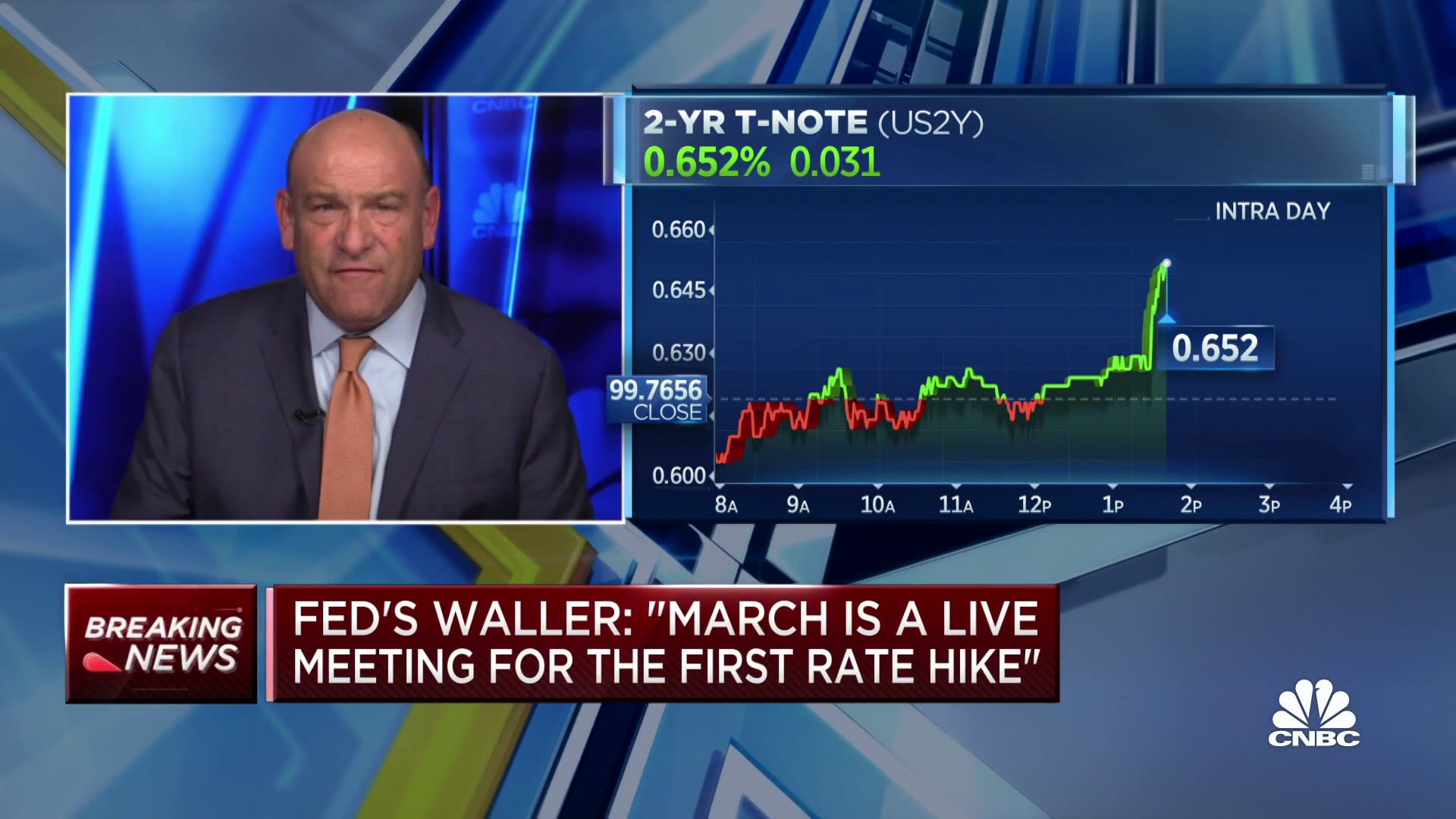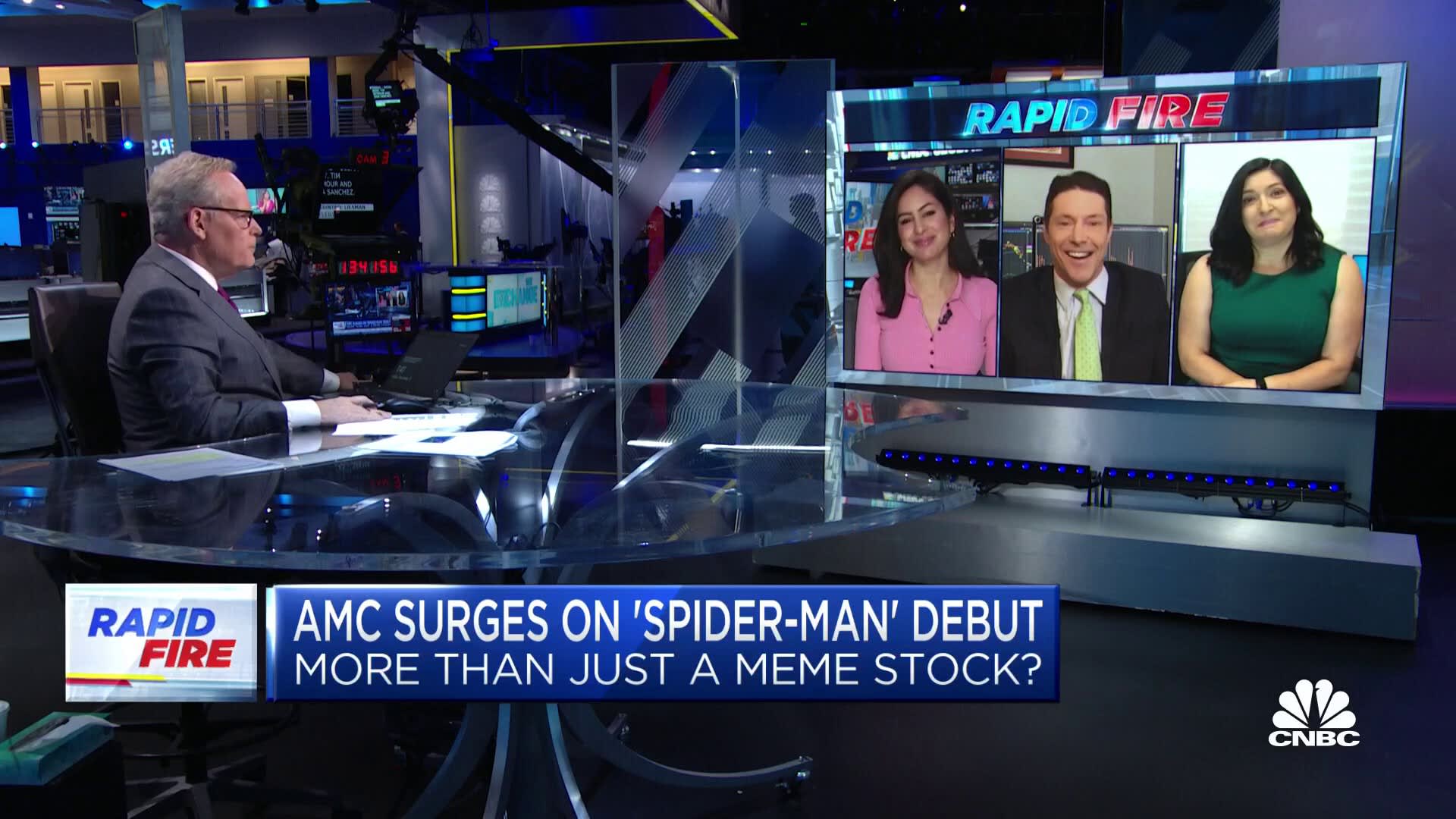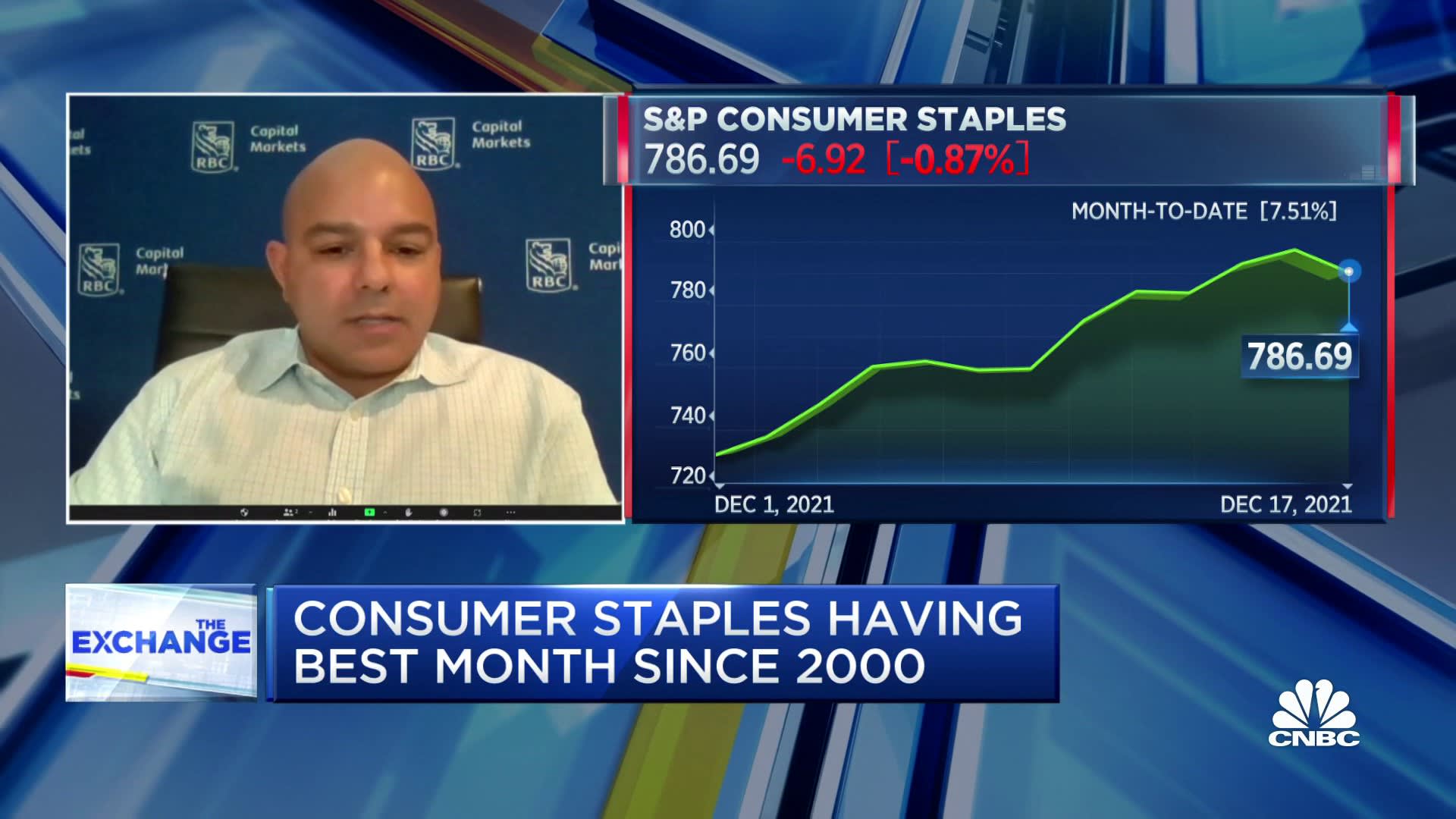EDITOR'S NOTE
With all due respect to Joe Manchin, his political power stems from the simple fact that America elected Joe Biden as president last year while at the same time preferring Republicans in Congress. "Biden enjoyed an edge of 7.1 million votes (4.5%) over President Trump, while the Democrats suffered a loss of 13 seats in the House, reducing their margin from 36 to just 10," Brookings wrote. You could almost say, America reelected Trump--without the Trump.
Remember, at first blush it actually looked like the U.S. would have a Democratic president and a Republican Congress. It was only when the Georgia Senate runoff went for the Democrat, Jon Ossoff, in January that the party "won control" of the Senate--if by "control" you mean a 50-50 party lines split, with the tiebreaking vote going to Vice President Harris. That's not a major electoral mandate.
The pandemic complicated things even further for President Biden. He actually passed a huge piece of legislation--a massive, $1.9 trillion bill in March--but it was a Covid relief package. That's the one that had the child tax credit payments, extended boosted jobless benefits, and included another round of $1,400 stimulus checks. Even that was passed without a single Republican vote, using the reconciliation procedure.
But Joe Manchin, the Democrat from West Virginia, did vote for it. At the time, he lauded the stimulus checks and other perks for constituents in his state. That was before inflation surged to 6%--10% for businesses--and labor shortages created ongoing headaches for local business owners. In pulling his support for the $1.75 trillion "Build Back Better" act yesterday, Manchin expressed concern about inflation and the debt, and said: "If I can't go home and explain it to the people of West Virginia, I can't vote for it."
Cue the immediate "Manchin sinks Biden agenda," "Manchin kills Democrats' hopes" headlines. But again, Manchin only has power because America gave him that power in the last election. If Democrats had a larger majority, the swing voters would be on the progressive/traditional Democratic line, not the Democratic/Republican one. "Appeasing Manchin alone will not get the job done for Democrats," wrote CNBC's Jacob Pramuk. "[They] also need to keep centrist Sen. Kyrsten Sinema of Arizona happy."
In analyzing the "puzzling" 2020 election results, William Galston at Brookings last year warned of the following: "...we do not know why so many Biden voters behaved in this way. Some may have been Republicans who could no longer stomach President Trump but could not support the Democratic Party's agenda and wanted to counterbalance the new administration." (Emphasis mine.) He added: "Democratic strategists would be well-advised to get to the bottom of this puzzle, which nearly cost the party its control of the House in a year when its leaders were expecting to expand their majority."
From that point of view, it's obvious why things like infrastructure, with bipartisan support, have passed while Biden's bigger plans haven't materialized. In fact, even pursuing them looks to have been a mistake--especially when his original spending bill carried a $3.5 trillion price tag. "Just How Bad Is It Out There for Democrats?" asked Shane Goldmacher last month in The New York Times. This after Republicans won the Virginia governorship, and the "generic ballot test" switched to Republicans for the first time since 2016, in terms of who the typical voter would prefer elected to Congress.
Democrats are now "just hoping to limit the damage" they are expecting in the 2022 midterms, according to Politico. The hope is they can keep Republicans' majority in the House to "less than 20." But there is time between now and then. If the party scales back the grand social plans, tackles inflation and the labor shortages, perhaps even capitalizes on a polarizing Republican Supreme Court--you could see their numbers improving.
In the meantime, economists are marking down their growth forecasts for 2022 on the loss of the major spending plan. Goldman lowered its first-quarter GDP estimate to just 2%, from 3% prior. And that's the other possibility--if the economy gets weak enough, Democrats could always repackage some of their climate and child-care ambitions in another pandemic support bill, or a scaled-down, more targeted effort.
And yes, keep an eye on Joe Manchin to see how this is all evolving. But just remember--he is reflecting the mood of the country, not dictating it.
See you at 1 p.m!
Kelly

KEY STORIES
IN CASE YOU MISSED IT
| ||||||||||||||||||||||||||||||||||||||||||||||||||||||||||||||||||||||||||||||||||||||||||||||||||||||||||||||||||||||||||||||||||||||||||||||||||||||||||||||||||||||||||||||||||||||
Senin, 20 Desember 2021
This ain't about Joe Manchin
Langganan:
Posting Komentar (Atom)








Tidak ada komentar:
Posting Komentar